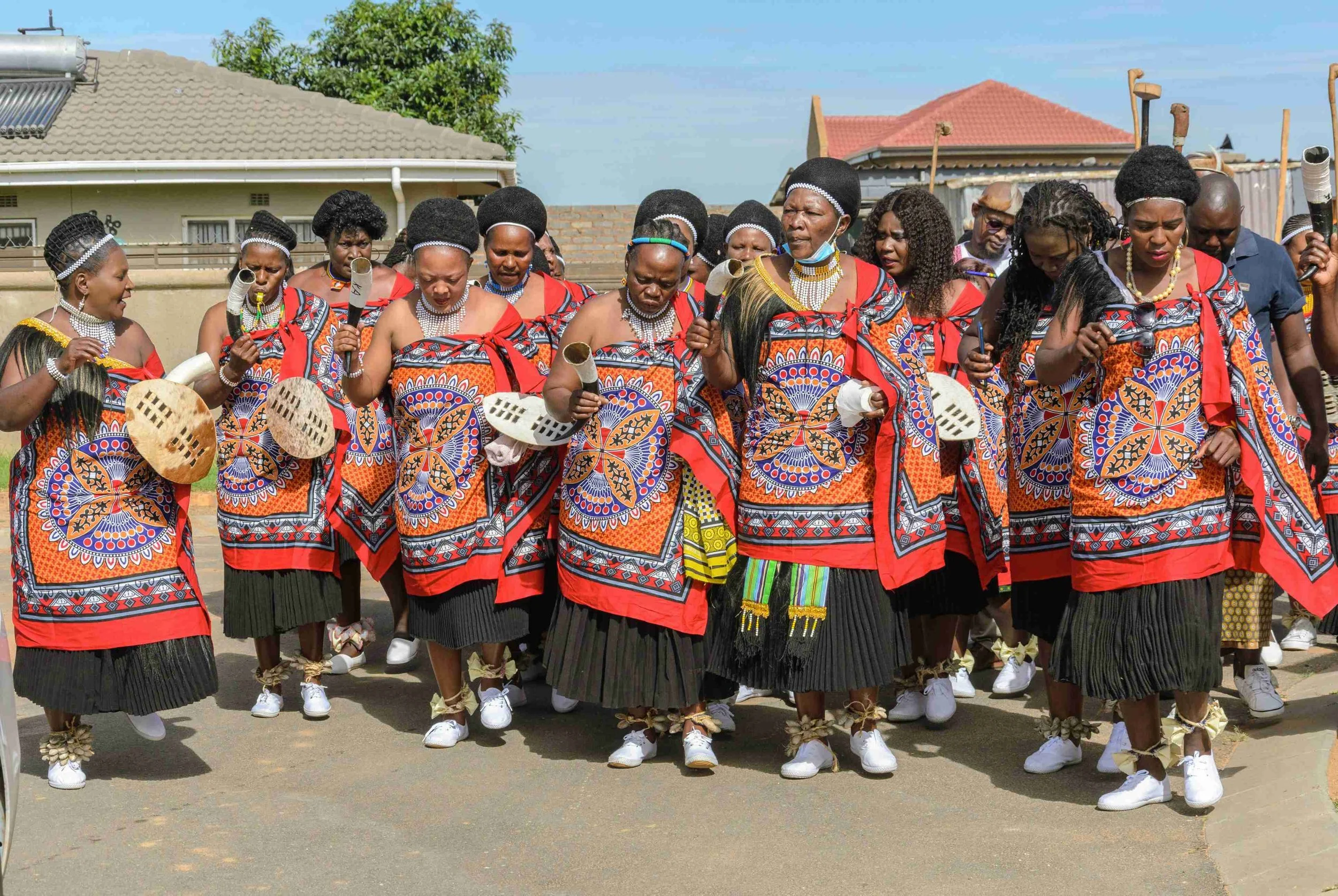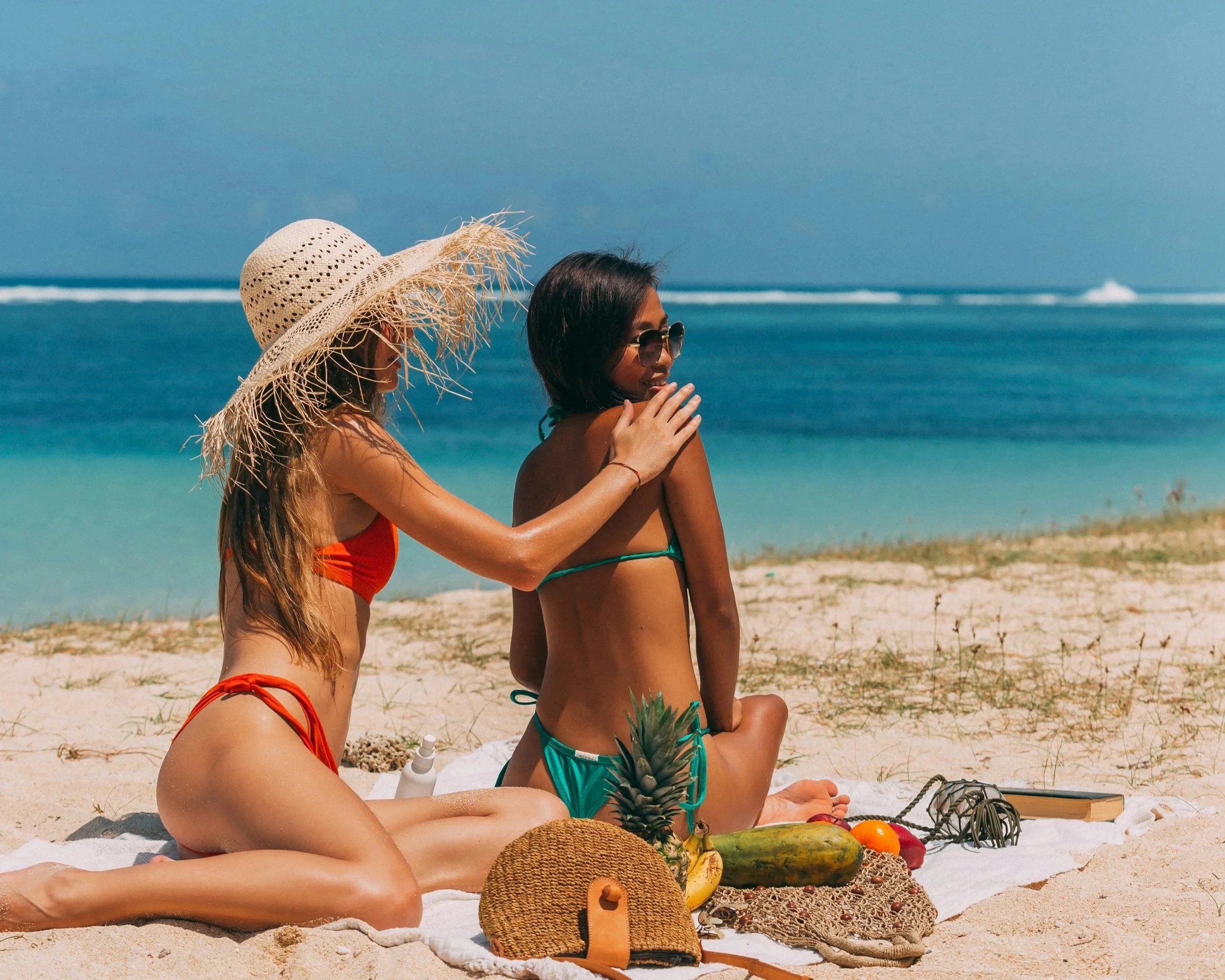Your Local Guide's Take: Is Ghana Safe to Travel To?
As a local guide, I've seen the look on travelers’ faces as they step off the plane at Kotoka International Airport for the first time. For some, it’s a mix of excitement, curiosity, and, if I'm being honest, sometimes a little bit of hesitation. And that's okay.
One of the questions I get asked most often, even before they book their flights, is: “Is Ghana safe to travel to?" It’s a fair question. The news can paint a broad, often misleading picture of the African continent. But I’m here to give you the real insider perspective.
Yes, Ghana is generally a very safe and welcoming country for travelers. But like any place in the world, it's not without its challenges. Here are some key pointers to note.
1. Peace, Stability, and the Ghanaian Spirit
Check out how to Explore Ghana on a budget
Ghana is known as one of the most politically stable and peaceful countries in West Africa. We have a long history of democratic elections and peaceful transitions of power, which is something we are all incredibly proud of. This stability means you'll find a society that is generally calm and well-ordered, with a population that is friendly and welcoming to foreigners.
This warmth isn't just a marketing slogan; it's a core part of our culture. Hospitality is deeply ingrained. You'll find that people are genuinely curious about you, ready with a smile, a handshake, or a friendly "Akwaaba" (welcome).
2. Navigating the Urban Landscape
Now, let's be real. Just like in any major city around the world, be it New York, London, or Tokyo, petty crime exists here, especially in crowded urban areas like Accra and Kumasi.
We're talking about pickpocketing and bag-snatching. It’s not a violent threat to your person, but it can definitely ruin your day.
Here’s my advice, the same I give to my family and friends visiting from abroad:
Be Smart with Your Valuables
Don’t flash large sums of cash, expensive jewelry, or your latest gadget in public. The more you stand out, the more you might attract unwanted attention.
Secure Your Bag
In a crowded market like Makola in Accra, or on a crowded "tro-tro" (our public minibuses), keep your bag or purse zipped up and in front of you. A simple backpack worn on your back is easy for a skilled pickpocket to open.
Use Your Pockets Wisely
Avoid putting your wallet or phone in your back pocket. A zippered jacket pocket or a secure money belt is a much better option.
The Power of "No"
You will encounter people trying to sell you things or offering to be your impromptu guide. Most are just trying to make a living. A polite but firm "no, thank you" is all you need. Don't feel pressured to buy something or accept a service you don't want.
3. The Issue of Scams
This is a topic that comes up a lot, and it's a global issue, not just a Ghanaian one. We have our share of scams, both online and on the ground.
Online Scams
Ghana has gained a bit of a reputation for online scams, often known as "Sakawa" (a local term for cyber fraud). These can range from romance scams to fake business propositions. The golden rule here is simple: if it sounds too good to be true, it is. Never send money to someone you've only met online, no matter how convincing their story.
In-Person Scams
When you're here, you might encounter some common tourist scams:
The "Welcome to Ghana" Scam: Someone at the airport might offer to help you with your luggage, only to demand a huge tip afterward. Kindly but firmly decline.
The Taxi Fare Scam: Some taxi drivers might try to charge a higher, "foreigner" price. Always agree on the fare before you get into the taxi. Better yet, use a ride-sharing app like Uber or Bolt, which sets the price upfront and provides a layer of safety and accountability.
My advice? Book your travel and tours through a reputable company or through a trusted local like me. This isn't just about safety; it's about getting an authentic experience from someone who knows the lay of the land.
4. Exploring the Countryside
Ghana is more than just its cities. The real magic happens when you venture out to places like Cape Coast, Mole National Park, or the Volta Region. The good news is that these areas are generally even safer than the urban centers.
However, a few things to keep in mind:
Road Safety
Driving in Ghana can be an adventure in itself. Roads can be in poor condition, and driving habits can be… spirited. I highly recommend hiring a professional driver or a tour guide who is experienced in navigating these roads, especially if you plan on traveling at night.
Hiking and Nature
If you're going hiking or exploring a national park, go with a reputable guide. They know the trails, the local wildlife, and how to keep you safe. Don’t wander off on your own.
Beach Safety
Our beaches are beautiful, but the currents can be strong. Be cautious when swimming, and never swim alone, especially on unpatrolled beaches.
5. A Special Note for Solo Female Travelers
I want to speak directly to my solo female travelers. I've had many clients who are women traveling alone, and they've all had an incredible time. The same rules of common sense apply, but with a few extra layers of awareness:
Trust Your Gut
If a situation or a person feels off, it probably is. Excuse yourself and walk away. You can always talk to your trusted local guide to look out for you.
Dress Appropriately
While Ghana is a modern and generally open-minded country, especially in the cities, it's still a culturally conservative place. Dressing respectfully, especially in rural areas or at religious sites, will not only help you blend in but also show respect for the local culture. Long skirts or trousers and covering your shoulders are always a good idea.
Nightlife
When going out at night, stick to reputable venues and, if possible, go with a friend or a group. Don't leave your drink unattended.
You can read more about safety tips and destinations you can explore as a female solo traveler in Ghana on our blog.
6. The Most Important Safety Tool You Have: Your Mindset
Ultimately, the biggest factor in your safety isn't a list of dos and don'ts; it's your mindset. Come to Ghana with an open heart and a curious mind.
Be aware of your surroundings, just as you would in any unfamiliar city. Don't be afraid to ask for help; Ghanaians are usually more than happy to point you in the right direction.
Learn a few basic phrases in Twi like "medaase" (thank you), and watch the doors of welcome open even wider.
Conclusion
Is Ghana safe to travel to? Absolutely. It’s a country that will surprise you with its beauty, its history, and most of all, its people. Come with a sense of adventure, a healthy dose of awareness, and you’ll leave with a piece of Ghana forever in your heart.
I can't wait to say "Akwaaba" to you myself.
Download my free travel guide to navigating Accra- Ghana from hotels to stay at, restaurants to try out, how to stay safe when visiting and nightlife recommendations for my fellow night owls who would love to go dancing.
Hello, fellow adventurers! I'm Rashida, your not-so-typical travel guide. Join me for laughs, mishaps, and perhaps a questionable decision or two (because let's face it, those always make for the best stories). Learn More












